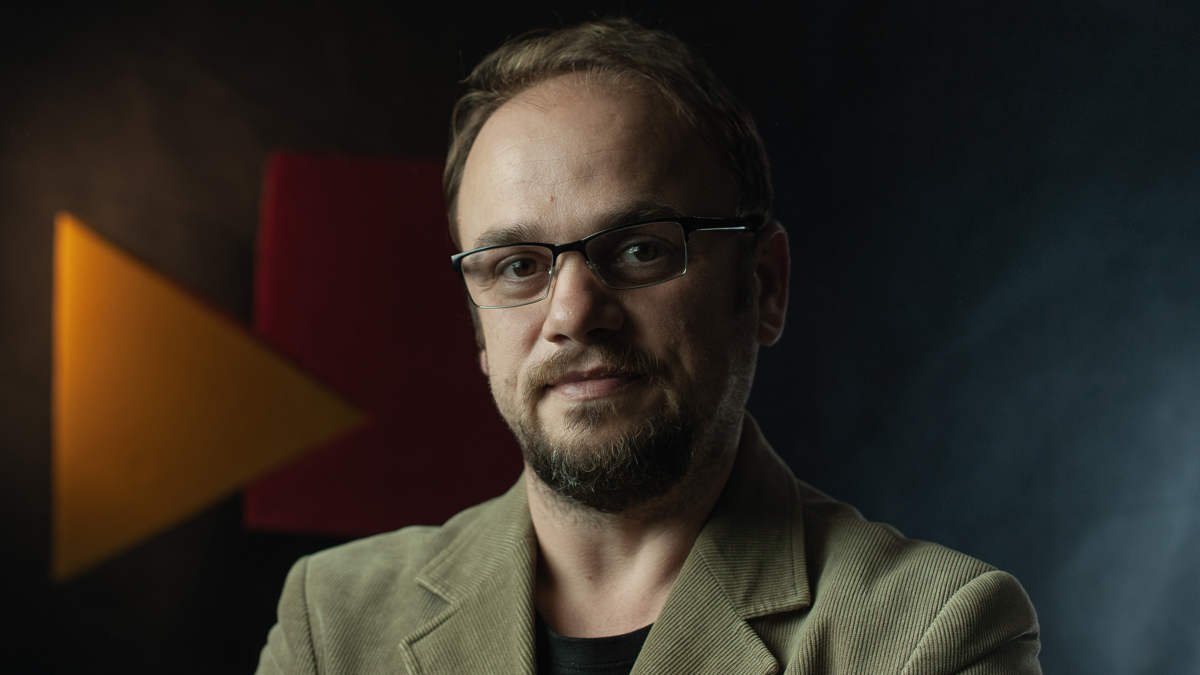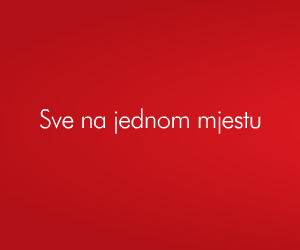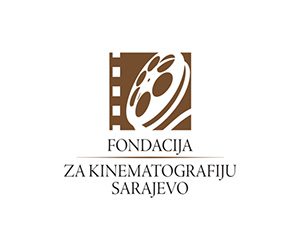
22/08/2021
We present top-quality films from the Mediterranean
Good program, film production and education of youth – this is a formula for success used by the director of the Mediterranean Film Festival, Tomislav Topić.To what extent is the year behind us lost, as it was predicted earlier by many, both for film and film festivals?
We can say that the coronavirus pandemic has stopped many processes, including film production and film festivals. Productions were postponed because there were simply no conditions for filming, and festivals switched to online platforms, which is bad because it's not just about showing movies but also about socializing, meeting people from the film sector and establishing business relationships for new film projects.On the other hand there were ways to carry through both films and festivals, so I think this past period is not completely lost.
Festivals have become hybrid due to circumstances, but you pointed out that this has its positive side too. MFF has its own network of digital visitors now?
It was a force majeur or we can say every cloud has a silver lining. The online program has of course provided the wider audiences with an insight into our program and that is the good side.Today, in the more normal conditions of the festival, there is no reason not to offer viewers an online program. Yet the fight against the virus is still ongoing. The circulation of people is not yet completely free, and we have not got rid of quarantine, isolation, distance, etc ...So this online approach to MFF has a lot of advantages.
Have you considered expanding the competition program, series format and feature films, or does the MFF remain exclusively a documentary festival?
If production and infrastructural conditions were created, the expansion of the program could be considered. Given that the festival takes place in a small town and its capacities are as they are, we are keeping the form of a documentary festival, which is good.After SFF we are the oldest festival in the country and we have a unique program.As resources in culture are very small it is a big success to maintain what we have been creating for two decades.
The documentary has considerably 'returned' to Europe in recent years, what do you think is the reason for this?Are people today more willing to face the reality in which they live?
Documentary film has always been there, in recent years it has gained in popularity, but there is less glamour in it and it is unlikely to catch up with the popularity of feature film.But a documentary film as a film work can be better than a feature film, in terms of the topic it deals with or in terms of the method of implementation.Non-commercial films, whether documentary or feature, mostly question social reality and let everyone find themselves in the content offered.The documentary has its power in every respect and regardless of the structure it is easier to carry it through so its future is guaranteed.
What kind of films are we watching this year in the Mediterranean?You are saying that this year 'the most flags in the history of the festival are arriving'?
As I have never liked to be a 'judge' or a critic because of possible bias, I would always ask the jury, which is relevant, what the program is like and we always received positive evaluations about the quality of the program. I believe the same will be this year. In the accompanying programs, we also tried to please the audience.When I mentioned the flags from the centre of the Earth (Mediterranean), it is about the fact that almost all Mediterranean countries applied for the festival, and this only speaks of the relevance of the MFF.
You have always pointed out that one of the greatest successes of this festival is that, in addition to screening films and educating through the MFF School, it also nurtures creation, i.e. production. What is the production like in Herzegovina today and what are we watching from local authors?
At the beginning, I said that the pandemic endangered production in the world, but also in our country.Nevertheless, we managed to produce a documentary that talks about the pandemic in Herzegovina. The film had its premiere at SFF, and at MFF. This is the film created by Tomislav Bubalo and Zdenko Jurilj. This is a short documentary that was filmed in Herzegovina from the first wave of the virus to the last one we witnessed three months ago.It is important that we documented the moment that "closed" Herzegovina, as well as others.
In addition to the festival, which greatly contributes to the education and development of film audiences in this area, today, as part of the Academy of Fine Arts, we have a graduate study of editing and directing. How big is this for Herzegovina?
I am glad that Academy in Široki Brijeg started that department.I hope everyone benefits from that. We are quite short of staff when it comes to film professions. The Academy will surely, and they have good lecturers, create several authors when it comes to directing or cinematography.Regardless of digital development and its possibilities, the man or author who creates is always important. There are no movies without people.In our festival school, which has been there for almost a decade, we have managed to encourage young people to enrol at other film academies for certain studies. This is important for the future of film creation.
This year, too, you are 'involving' young people in creativity through MFF film workshops. Tell us more about it?
This is a very important and quality MFF School workshop that we are working on together with the American youth film camp Outside The Lens from San Diego.It includes lecturers, directors, who graduated from perhaps the most prestigious film academy in the world, at UCLA, University of California, Los Angeles.Young people from all over the region but also from America also come to this workshop.This year the school is in full format and they are working on two films that will be screened at the closing of the MFF. So far, they have won at youth festivals with their films, and I hope that this will be the case with their new achievements.The school is free for participants and two weeks of education is a real little "treasure" of the festival.
*Text published in Večernji list


